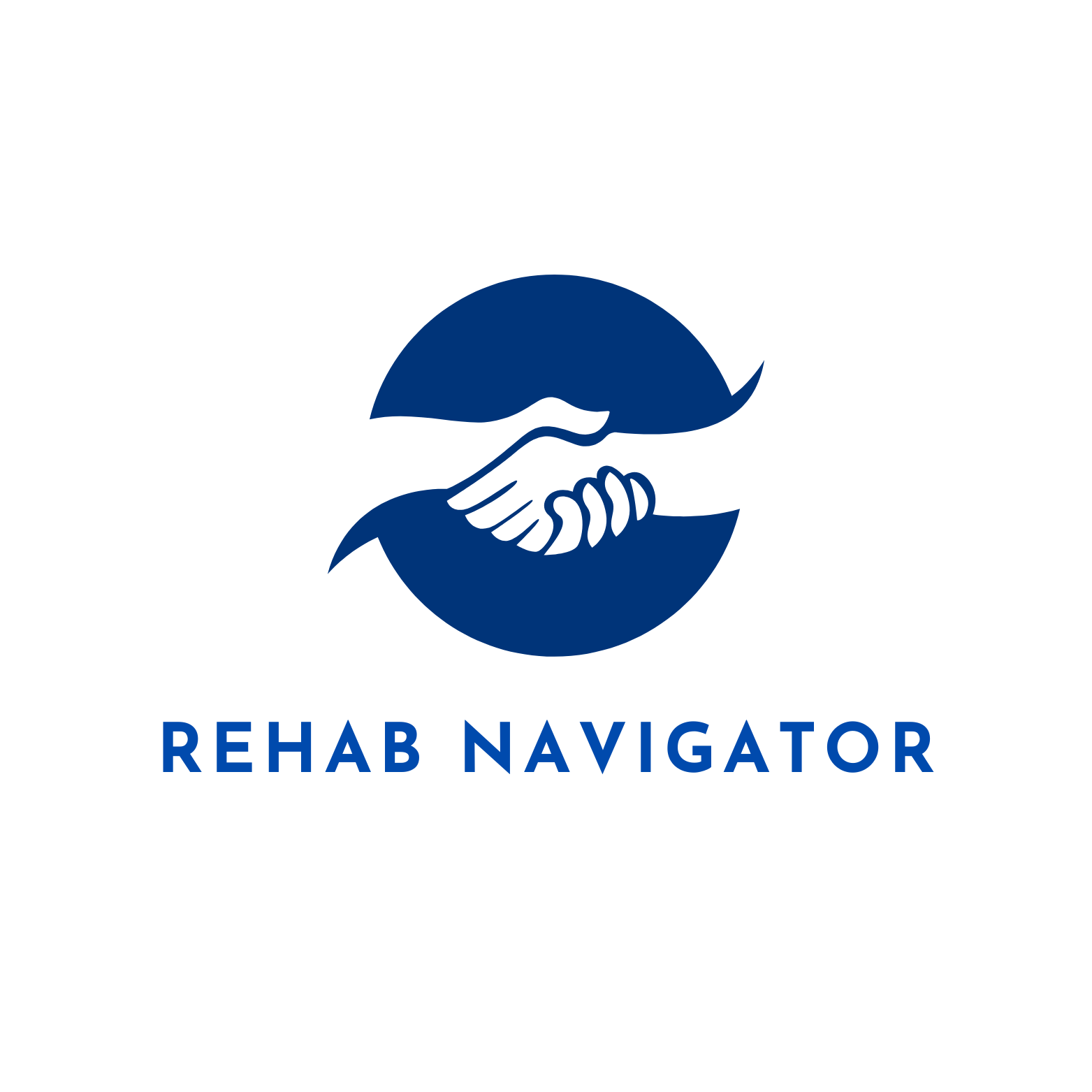
Medical Detox from Substance Use
Understanding Medical Detox
Substance abuse can lead to physical dependence, where an individual experiences withdrawal symptoms when they stop using drugs or alcohol. Detoxification, or detox, is the process of eliminating these substances from the body. It is the first crucial step in addiction recovery, helping individuals overcome the physical effects of substance use before starting a comprehensive treatment program.
During medical detox, professionals provide supervision, support, and, if necessary, medications to ease withdrawal symptoms and ensure safety.
Medical Detox vs. Outpatient Detox
Detox can be done in two primary settings:
Medical Detox: This takes place under 24/7 medical supervision by a team of doctors, nurses, and therapists. Medications may be administered to ease withdrawal symptoms and manage complications.
Outpatient Detox: Individuals live at home and attend scheduled medical visits. While this option provides support, it does not offer round-the-clock supervision.
Why Medical Detox?
Withdrawal symptoms vary in severity depending on the substance used, duration of use, and individual health factors. Symptoms can include nausea, mood swings, seizures, and even life-threatening conditions such as Delirium Tremens (DTs). Medical detox ensures that professionals monitor and manage withdrawal symptoms, making the process safer and more comfortable.
Medical Detox vs. Quitting "Cold Turkey"
While some people attempt to quit substances on their own, this approach can be dangerous. Withdrawal can cause severe symptoms like dehydration, seizures, and mental distress. Medical detox provides professional care, medications, and a controlled environment, reducing discomfort and improving long-term recovery success.
When Is Medical Detox Necessary?
Medical detox is recommended for individuals who:
Have used substances for an extended period.
Experience cravings or withdrawal symptoms when not using.
Have developed a tolerance and need increasing amounts of the substance.
Struggle to quit on their own.
Have co-occurring mental health conditions.
Additionally, pregnant women are encouraged to undergo medical detox to ensure safety for both mother and baby.
Substances That Require Medical Detox
Certain substances cause particularly intense withdrawal symptoms and require professional detox, including:
Alcohol: Withdrawal can lead to life-threatening DTs, seizures, and irregular heart rate.
Benzodiazepines: Medications like Xanax and Valium can cause withdrawal symptoms such as tremors, hallucinations, and seizures.
Opioids: Heroin, fentanyl, and prescription painkillers cause flu-like withdrawal symptoms and extreme cravings.
Stimulants: Cocaine, meth, and prescription amphetamines can lead to severe psychological withdrawal effects, including paranoia and psychosis.
The Medical Detox Process
Evaluation: Medical professionals assess substance use history, health conditions, and psychiatric concerns to create a personalized detox plan.
Stabilization: Medications may be used to manage withdrawal symptoms, and patients receive emotional and medical support.
Transition to Treatment: Detox is only the first step. Afterward, individuals enter an addiction treatment program, such as inpatient or outpatient rehab, to continue their recovery.
Duration of Medical Detox
Detox usually lasts 7-10 days, but the exact timeline varies based on the substance used and individual health factors. Psychological symptoms, like anxiety and insomnia, may persist for weeks or months, requiring continued treatment.
Medications Used in Detox
Certain medications help manage withdrawal symptoms and prevent relapse:
Methadone: Helps reduce opioid cravings and withdrawal symptoms.
Buprenorphine: A partial opioid agonist that eases withdrawal effects.
Naltrexone: Blocks the effects of opioids and alcohol to prevent relapse.
Additional Medications: Anti-nausea drugs, sleep aids, and antidepressants may also be prescribed.
Next Steps After Detox
Medical detox is just the beginning of recovery. After detox, individuals should enter a structured addiction treatment program that includes therapy, counseling, and support groups to achieve long-term sobriety. Most treatment centers offer detox as part of their comprehensive recovery services.
If you or a loved one is struggling with substance dependence, seeking medical detox is a crucial step toward a healthier future.
